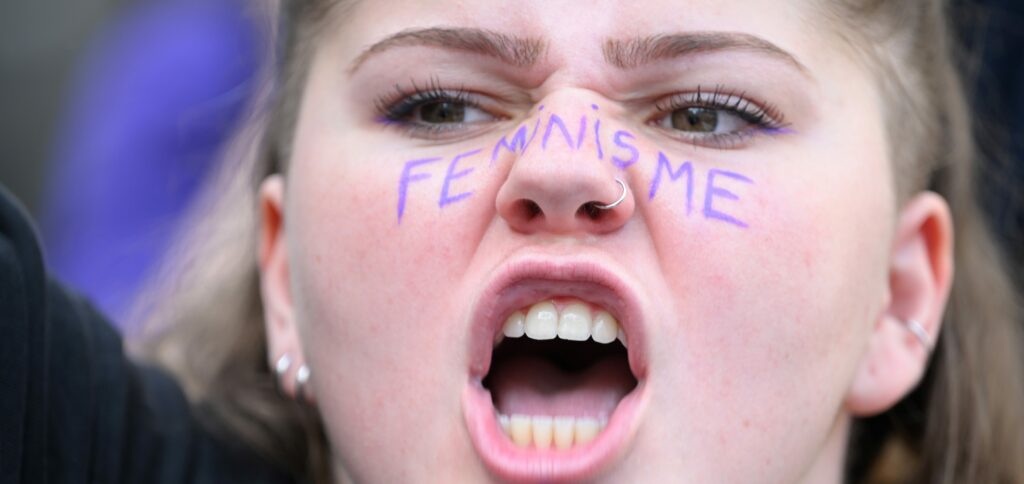The Ukrainian president, Volodimir Zelensky, paid tribute in a video to “all the women who work, teach, study, save, care and fight” for the country, as well as those who “sacrificed their lives” since the invasion began a year ago.
ADVERTISING
The Russian president, on the other hand, Vladimir Putin, sent a message to women who “do their duty” in the service of the nation.
Women are the first victims of wars and are underrepresented at negotiating tables, official representatives reported to the United Nations Security Council on Tuesday (7).
The acts in this March 8 will be held in several cities, from Madrid, which usually brings together a gigantic purple tide, to São Paulo, also passing through Kabul, where around twenty women demonstrated, noted AFP journalists.
ADVERTISING
Since returning to power in August 2021, the Taliban have multiplied restrictions on women, who have been banned from university and cannot access secondary education.
"Afghanistan under Taliban rule remains the most repressive country in the world when it comes to women's rights“, denounced Roza Otunbayeva, director of the UN assistance mission in that Asian country.
In Pakistan, a conservative and patriarchal country, thousands of women took to the streets, despite attempts by authorities in several cities to stop the marches.
ADVERTISING
“We will no longer remain silent. It’s our day, it’s our moment,” said Rabail Akhtar, a teacher who joined the 2.000 women who protested in Lahore.
Right to abortion
“The advances made over decades are evaporating before our eyes,” warned UN Secretary-General Antonio Guterres on Monday. “At the current rate, UN Women estimates that it will take 300 years” to achieve equality between men and women, he added.
In a symbolic gesture on the eve of March 8, the European Union (EU) adopted sanctions against nine officials and three official entities from six countries, including Afghanistan, Russia and South Sudan, for cases of sexual violence and abuse against women.
ADVERTISING
In Europe, demonstrations are expected in several countries. In France, marches for “equality in work and life” were called in around 150 cities.
Another central theme of the protests will be the defending the right to abortion, weakened in the United States by the Supreme Court's decision in June to overturn the 1973 ruling that guaranteed access at the federal level.
In Europe, this right has also been weakened in Hungary and Poland.
ADVERTISING
“We fight against a patriarchy (…) that disputes to the death our rights – such as abortion – that we won by fighting”, states the manifesto of the march that will take place in Madrid.
Demonstrations in Latin America
In Brazil, acts in São Paulo and Rio de Janeiro will denounce the “cuts in women's protection policies" it's the "vertiginous growth of machismo and misogyny” during the term of right-wing Jair Bolsonaro (2019-2022), said Junéia Batista, from the Central Única dos Trabalhadores (CUT).
@curtonews On this International Women's Day, the #CurtoNews explains what misogyny means. Our role is to fight for a more just and equal society.
♬ original sound – Curto News
Under the slogans “Not another murder!” and “Against sexist violence and precarious work!”, feminist collectives called for marches in the main cities of Mexico, where in 2022 there were 969 femicides, according to official data.
Also in Colombia, women's organizations called for demonstrations in Bogotá, Medellín, Cali and other cities to demand action against the increase in femicides, which rose from 182 in 2020 to 614 last year.
In Venezuela, unions and federations called for a demonstration in Caracas to demand the guarantee of their rights, violated by low wages, abuses and the “growing feminization of poverty”.
Without permission from authorities to demonstrate freely, independent feminist organizations in Cuba called for a “virtual march” on social media to raise awareness about gender-based violence and femicide.
(To AFP)
Read also










